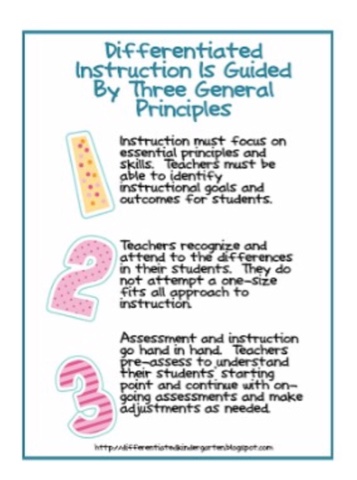Dear Deep Creek Family,
Mrs. McElroy and I have both received emails, cards, and face to face thank yous from parents of our Cubs. These heartfelt thank yous have been because of the way our staff tried to comfort and make our Cubs feel safe during our Tornado warning last Wednesday. I told one of the parents last week when she thanked me that our staff is full of parents, grandparents, aunts, and uncles and I never doubted that if we ever had adversity these instincts would kick in and our Cubs would come first. I see it everyday, it just shows much stronger in a time of crisis. Thank you all.Now let's move to another time of anxiety we must help our Cubs through, testing. We start the FSA Writing for 4th and 5th Grade this week on Tuesday, March 1st. We of course will be testing in 4th and 5th grade classrooms, but also will have students testing in G-102, A-134, and in the J Building portables. Please make sure on Tuesday as you travel around campus and take students onto the playground that we make sure our students that are testing can do so without distractions. Also remember that Kindergarten and First Grade are switching specials times with our 4th and 5th grade.
Here is a link that I found that shows methods and tips for helping students overcome their doubts and anxieties. These tips are great, but just like the Tornado Warning our biggest tool is the teachers. Be positive and make them feel like they are ready to do outstanding with their writing, or later in the month their math and reading. "A leader need to show his team the face they need to see" and on Tuesday our Cubs need to see a positive, confident face from his or her teacher.
http://www.brighthubeducation.com/teaching-methods-tips/12892-teaching-your-students-to-succeed-in-standardized-tests/
Thanks,
James





